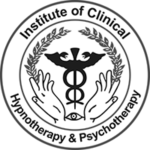Hypno-Psychotherapy – History of Hypnosis
2600bc: The father of Chinese medicine, Wong Tai, writes about healing techniques that involved using words to heal people.
1550bc: Ebers Papyrus. Some of the passages describe ritual trance inducing procedures that are in fact similar to modern day hypnotherapy. The Ebers Papyrus is the earliest medical text to be found.
460-377bc: Hippocrates: The father of medicine said of hypnosis “The affliction suffered by the body and soul sees quite well with the eyes shut”
1000: Egyptians have temples were priests carry out healing by word and touch.
1100: King Philip 1st of France is reputed to have healing power in his hands.

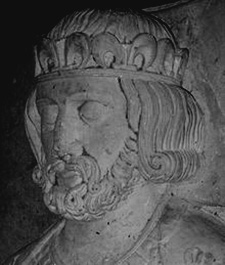
1814: A Portugese priest, Abbe Faria, develops the theory of suggestion and autosuggestion, and realises the key of hypnotism: that everything takes place in the subjects mind, not in the mind of the mesmerist.
1821: First reports are heard of painless dentistry and surgery in France using hypnosis.
1826: A French scientific commission gives qualified backing to hypnosis.
1830s – 1850s: Offshoots of mesmerism become popular in America.
1830s: John Elliotson, president of the Royal Medical and Surgical Society of London, shows an interest in animal magnetism and uses trances to perform 1,834 surgical operations.
1840: The Magnetic Society is formed in New Orleans to study hypnosis and its effects.
1840s: A British surgeon in India, James Esdaile, performs hundreds of major operations – even amputations – on patients using hypnosis.
1841: A Scottish eye doctor and physician, James Braid sees a demonstration of mesmerism and later uses it to perform pain-free surgery.
1843: Braid publishes a book in which he renames mesmerism “hypnosis” from the Greek name for the god of sleep.
1885: Sigmund Freud works under French neurologist Jean-Martin Charcot, who uses hypnosis in his Paris clinic. Freud becomes a public champion of hypnosis.
1892: The British Medical Association reports favourably on the use of hypnosis in medicine.
1914: World War 1 commences. There is renewed interest in hypnosis, owing to the number of paralytic and amnesia cases with psychogenic origin, and a scarcity of psychiatrists available.
1919: The French expert Pierre Janet published a book predicting the re-emergence of hypnosis.
1930: The flamboyant American hypnotist Milton H. Erickson establishes his reputation as leading authority on clinical hypnosis; he is a master of indirect hypnosis.
1925-47: Use of hypnosis in dentistry is developed in the United States.
1929: Albert Einstein (1879-1955) stated that hypnosis involves the imagination and imagination is more important than knowledge.
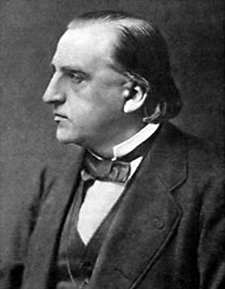
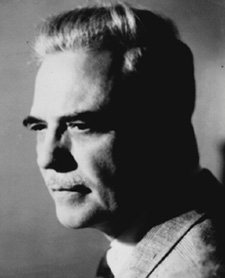
1940: Ormond McGill, one of the leading figures in hypnosis in the United States, starts publishing the first of more than thirty highly influential books on the subject.
1951: A documented case in Sussex, England, in which Dr. A. Mason uses hypnotherapy to cure a teenage boy of the skin disease ichthyosis, helps gain acceptance for the medical role of hypnosis.
1952: The Hypnotism Act is passed in the UK.
1955: The British Medical Association recognises the benefits of hypnosis as a treatment for some ailments and in the relief of pain.
1956: Mainline religious acceptance of hypnosis. On Jan 8th 1956 Pope Pius 12th endorsed the use of ethical hypnosis for therapeutic purposes for medical and dental treatment.
1958: The American Medical Association officially accepts the usefulness of hypnosis as a form of therapy.
1975: Dr. Jack Gibson, a surgeon with 50 years experience using hypnosis from Kildare, Ireland. His record as a surgeon is unique, he performed over 4,000 operations without anaesthetic using hypnosis only.
1979: Institute of Clinical Hypnotherapy/Psychotherapy was founded in Ireland. Registered in Dublin Castle, 1979.
1980: Milton Erickson dies after a long career in which he influenced whole generations of hypnotherapists.
1990s: B-Chaps., © (Brief Clinical Hypno-analytical Psychotherapy Solutions-Focused) therapy was founded by Dr. Joe Keaney in Ireland and is currently being developed and utilized by ICHP therapists.
1995: A panel of experts convened by the British Government rules that there is no evidence of serious risk to participants in hypnosis. However, certain licensing laws in the 1952 Act are tightened.
2000: Results of a Harvard University study indicated that brain activity does change in people under hypnosis; it backs the argument that there is a specific state of hypnosis.
2005: Dr. Jack Gibson dies. Jack was a surgeon and a leading figure in hypnosis in Ireland. He was a worldwide legend in the world of hypnosis and his record at Hypno-anaesthesia surgery is unrivalled.
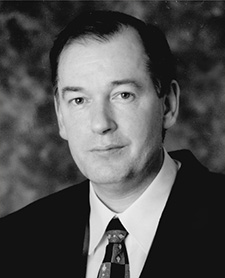
Hypno-Psychotherapy – Hypnotherapy
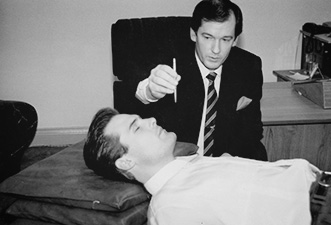
Hypnoanalysis by Joe E. Keaney
Hypnosis is a state of focused attention which facilitates resourcefulness. It’s a naturally occurring state of mind that can bring the body and mind into a safe, natural state of relaxation.
Hypnotherapy is the use of hypnosis, and the mind’ sown natural abilities to resolve issues, relieve emotional burdens and achieve personal goals. It is a safe, effective process. It involves the client and therapist working together to bring about positive changes in how the client thinks, feels and acts.
Hypno-Psychotherapy – Hypnoanalysis
After 30 years in private practice, it is Joseph Keaney’s simple philosophy that the subconscious mind causes symptoms, therefore it is only the subconscious mind which
can reverse them.
Hypno-Psychotherapy has a scientifically proven track record to access the subconscious mind to find and remove the root cause and dissipate the effects while simultaneously providing solution focused suggestions for positive outcomes.
Trying to change consciously is like fixing a car engine with the bonnet down. It cannot be done.
Belboeuf 1889, Binet 1892 and Janet 1889 had all made a similar discovery to Freud and Breuer, which was summarised by Freud in his Preliminary Communication as, “we found, to our great surprise at first, that each individual hysterical symptom immediately and permanently disappeared when we had succeeded in bringing clearly to light the memory of the event by which it was provoked, and in arousing it’s accompanying emotion, and when the patient had described that event in the greatest possible detail, and had put the affect into words”
Hypnoanalysis finds the root cause of the problem or symptom and removes it, thus giving lasting release to the client. This doctrine is called “Cause and Effect”. Analysis
reveals the cause and consequently relieves the symptoms. The moment of liberating enlightenment may come anytime but usually around session six. One can be fairly
confident the release will be obtained within eight to ten sessions or even sooner.
Emotional problems respond particularly well to Hypno-psychotherapy and analysis. The objective of analysis is to bring you to a moment of surprising and liberating
enlightenment and one can be fairly confident that a release will be obtained, usually within eight to twelve sessions of analysis. With these cases we are talking about a
complete and lasting release by finding and removing originating causes – as opposed to mere control of symptoms by suggestion.
There is no reason why anyone should put up with something inside themselves but outside their control, providing they are prepared to devote time, money, effort and self discipline to be free of their problem. The use of conscious hypnosis dramatically speeds up hypnoanalytical psychotherapy and similar results can be achieved in a few weeks as would be expected from a more ‘conventional’ 1,000 hours of psychoanalysis.
We deal with many, many problems. You can be sure, however, that whether you are a modest smoker merely needing a little help to stop, or are anxious and depressed, feeling that you have little to live for, you will in either case receive the best attention at all times.
Your therapist will respect totally your confidentiality and right to privacy and anonymity.
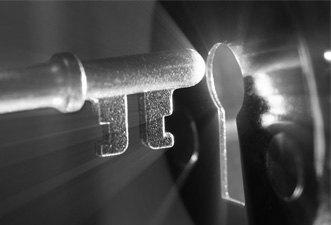
Hypnoanalysis is the key to finding the cause of your problem.
Here at the Hypno-Psychotherapy clinic in Cork we can treat the following symptoms
– addictions
– allergies
– anxiety
– assertiveness
– asthma
– blood pressure
– blushing
– bulimia
– child abuse
– claustrophobia
– communication
– compulsions
– concentration
– confidence
– creativity
– depression
– drinking
– eating disorders
– emotional problems
– enuresis
– exam nerves
– fear of childbirth
– fears
– fetishes
– frustrations
– goal setting
– guilt feelings
– headaches
– independence
– inhibitions
– insomnia
– irritable bowel
– memory
– menstrual tension
– migraines
– motivation
– motivation
– nail-biting
– nervous tension
– nervousness
– nightmares
– pain control
– panic attacks
– phobias
– public speaking
– relaxation
– self-esteem
– sexual abuse
– sexual problems
– shame
– shyness
– skin disorders
– slimming
– smoking
– sports
– stress
– study
– stuttering
– tinnitus
– trauma
– travel fright
– twitching
– ulcer
